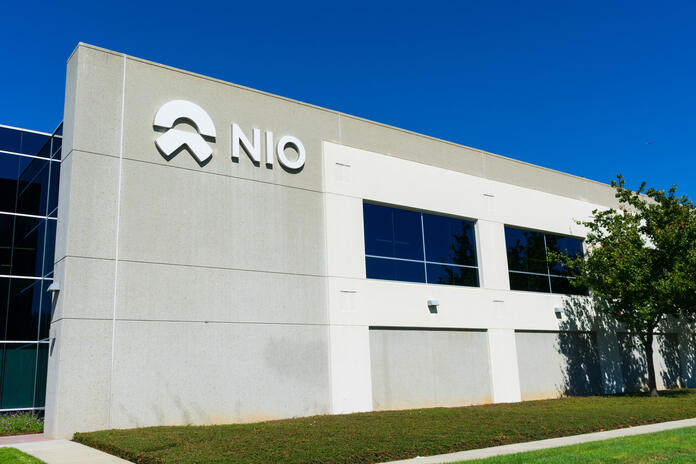NIO (NYSE:NIO), the Shanghai-based electric vehicle (EV) manufacturer often dubbed the “Tesla of China,” has captured the attention of U.S. investors, boasting average trading volumes exceeding 56 million. Despite its initial acclaim, NIO now faces challenges including consistent losses and sluggish deliveries. This begs the question: Can NIO live up to its hype? Let’s delve into the current outlook for NIO stock.
NIO saw its stock reach an all-time high closing price of $62.84 in February 2021, with a market cap exceeding $100 billion. However, this valuation was part of a broader trend where many startup EV companies commanded inflated valuations between 2020 and 2021. For example, Rivian soared to a market cap over $150 billion shortly after its 2021 IPO, while Lucid Group approached a $100 billion market cap at its peak.
The Rise and Fall of EV Stocks
The EV industry’s fortunes took a turn in 2022 when the Federal Reserve initiated an aggressive rate-hike campaign, curtailing the supply of easy money that had sustained many companies in the green energy ecosystem. This shift exposed the fact that demand for electric vehicles was not growing as quickly as anticipated, leading to overflowing dealer lots with excess EV inventory. For NIO, this was compounded by the devaluation of Chinese stocks amid China’s economic slowdown and strained relations with the West.
Since its remarkable 1,100% rally in 2020, NIO stock has declined each year. In 2024 alone, the company shed nearly a third of its market cap.
Underwhelming Growth and Guidance
NIO’s recent operational and financial performance has failed to impress. The company delivered just 18,187 vehicles in the first two months of 2024, a discouraging figure even when factoring in the Lunar New Year holidays in China.
Analysts note that NIO’s market share in the Chinese EV market has dropped to around 2%, a significant decline from 5% in early 2021, despite the company expanding its model lineup.
Despite these challenges, NIO has seen some positive developments. The company’s vehicle margin improved to 11.9% in Q4 2023, up from 6.8% in the same quarter the previous year. NIO expects margins to further increase to between 15% and 18% starting in Q2, aiming to reach its long-term goal of 20%.
NIO’s Financial Stability Amid Turbulence
One area where NIO stands out is its financial stability, with $8.1 billion in cash, restricted cash, and investments at the end of 2023. This sets it apart from several startup EV companies facing bankruptcy due to dwindling cash reserves.
Analysts Lower Price Targets
Analysts have tempered their optimism for NIO stock, with some adopting bearish outlooks. Currently, only 38% of analysts covering NIO rate it as a “Strong Buy” or “Buy,” down from 50% three months ago.
Morgan Stanley analyst Tim Hsiao recently lowered NIO’s target price from $13 to $10, while Bernstein analyst Eunice Lee slashed her price target from $7.50 to $5.50, more than 12% below the stock’s current levels.
Looking Ahead: NIO’s Strategy for Recovery
NIO is striving for a turnaround, aiming to debut its low-cost platform Alps in Q2. The company’s first model from Alps will compete directly with Tesla’s popular Model Y, boasting a 10% lower bill of materials than its Tesla counterpart.
Additionally, NIO plans to launch a third brand next year with starting prices below 200,000 yuan (around $27,870), while focusing on higher margins with its NIO brand.
Can NIO Meet Expectations?
Despite its recent setbacks, NIO has several factors working in its favor, including a strong brand, a solid balance sheet, and support from CYVN Holdings, majority-owned by the Abu Dhabi government. While the road ahead may be challenging, NIO appears positioned to weather the storm in the EV industry, unlike many of its peers.
Investors should prepare for continued volatility as NIO and other EV companies navigate a challenging macro environment compounded by intensifying competition.
Featured Image: Megapixl



